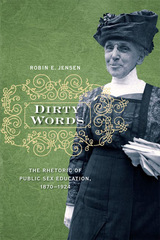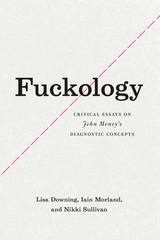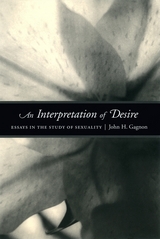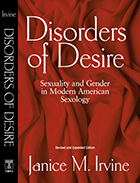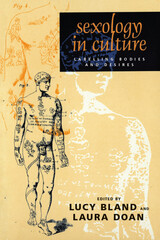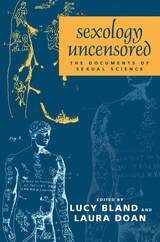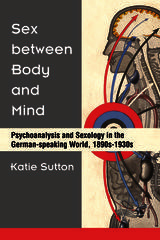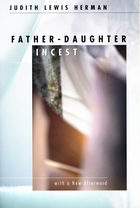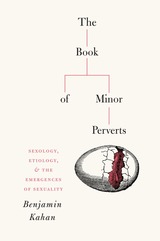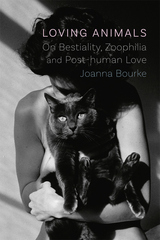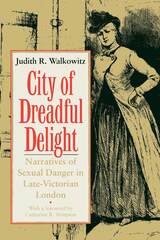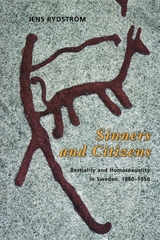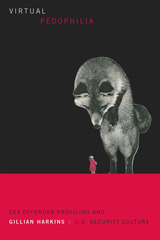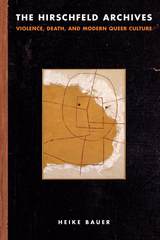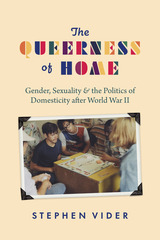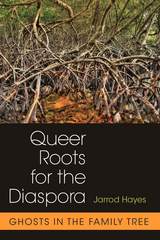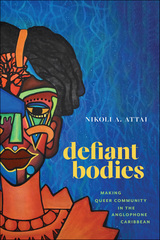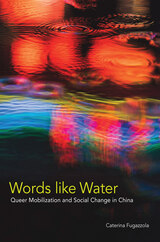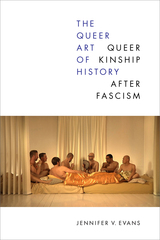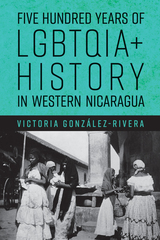Stepchildren of Nature: Krafft-Ebing, Psychiatry, and the Making of Sexual Identity
University of Chicago Press, 2000
Cloth: 978-0-226-63059-5
Library of Congress Classification HQ71.O57 2000
Dewey Decimal Classification 616.8583009034
Cloth: 978-0-226-63059-5
Library of Congress Classification HQ71.O57 2000
Dewey Decimal Classification 616.8583009034
ABOUT THIS BOOK | AUTHOR BIOGRAPHY | TOC
ABOUT THIS BOOK
Psychiatrist Richard von Krafft-Ebing (1840-1902) played a key role in the construction of the modern concept of sexuality. As the author of the famous Psychopathia sexualis, he named and classified virtually all nonprocreative sexualities, synthesizing knowledge on sadism, masochism, fetishism, homosexuality, and exhibitionism. His influence on the study of sexuality cannot be overstated, but it is often misunderstood. In the wake of Michel Foucault's influential sexual histories, Krafft-Ebing is often maligned as a contributor to the repressed Victorian construction of sexual deviancy.
But in this powerful new cultural history Harry Oosterhuis invites us to reconsider the quality and extent of Krafft-Ebing's influence. Revisiting the case studies on which Krafft-Ebing based his findings, and thus drawing on the voices of his patients and informants, Oosterhuis finds that Krafft-Ebing was not the harsh judge of perversions that we think he was. He argues that Krafft-Ebing had a deep appreciation of the psyche, and that his work reveals an attempt to separate sexual deviancies from ideas of immorality. In the tradition of Freud, then, Krafft-Ebing should stand not as a villain, but as a contributor to more modern notions of sexual identity.
But in this powerful new cultural history Harry Oosterhuis invites us to reconsider the quality and extent of Krafft-Ebing's influence. Revisiting the case studies on which Krafft-Ebing based his findings, and thus drawing on the voices of his patients and informants, Oosterhuis finds that Krafft-Ebing was not the harsh judge of perversions that we think he was. He argues that Krafft-Ebing had a deep appreciation of the psyche, and that his work reveals an attempt to separate sexual deviancies from ideas of immorality. In the tradition of Freud, then, Krafft-Ebing should stand not as a villain, but as a contributor to more modern notions of sexual identity.
See other books on: 1840-1902 | Human Sexuality | Psychiatry | Sexology | Treatment
See other titles from University of Chicago Press

